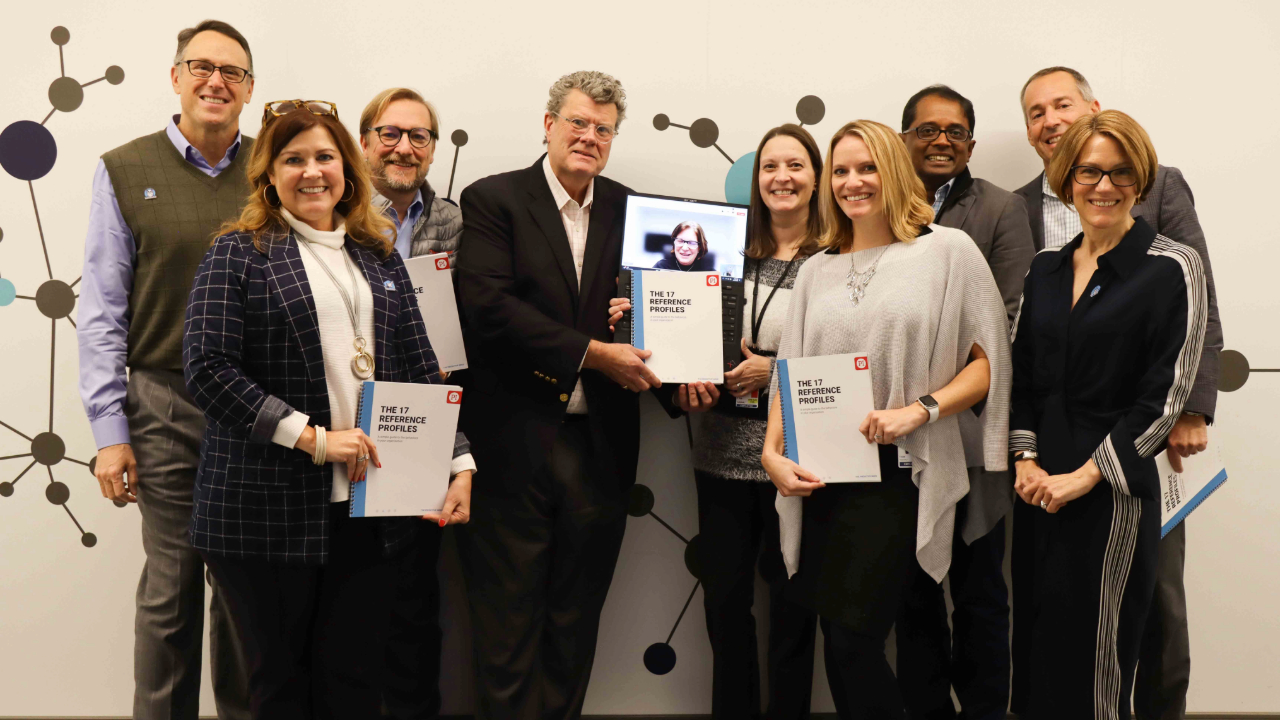2 min read
The Importance of Regular Leadership Offsites
Leadership teams are required to make critical decisions, navigate complex challenges, and drive organizational success. However, amid the daily...
3 min read
Damon Clark : Apr 4, 2024 11:00:00 AM
.png)
In this blog post, we'll explore different types of leadership development—consulting, facilitation, training, and real-time team coaching—and the advantages of utilizing a combined approach for rolling out a leader program to an organization.
Consulting involves engaging external experts or firms to provide strategic guidance, expertise, and insights on leadership development initiatives. Consultants offer a fresh perspective, industry best practices, and tailored solutions to address specific organizational challenges. Benefits of consulting include:
Facilitation involves guiding group discussions, workshops, or meetings to achieve specific objectives, such as problem-solving, decision-making, or team building. Facilitators create a supportive environment for open dialogue, collaboration, and consensus-building. Benefits of facilitation include:
Training involves structured learning experiences designed to impart knowledge, skills, and competencies related to leadership development. Training programs may cover various topics, such as communication, emotional intelligence, and decision-making. Benefits of training include:
Real-time team coaching involves providing immediate feedback, guidance, and support to leaders and teams as they navigate day-to-day challenges and opportunities. Coaches offer insights, perspective, and accountability to help individuals and teams achieve their goals. Benefits of real-time team coaching include:
While each type of leadership development offers distinct benefits, the true power lies in a combined approach that integrates multiple modalities into a comprehensive program. By leveraging consulting, facilitation, training, and real-time team coaching together, organizations can maximize the impact and effectiveness of their leadership development initiatives in several ways:
In conclusion, leadership development is a multifaceted journey that requires a strategic and integrated approach. By combining consulting, facilitation, training, and real-time team coaching, organizations can create transformative leader programs that empower individuals and teams to thrive in today's complex and dynamic business environment.
|
|

2 min read
Leadership teams are required to make critical decisions, navigate complex challenges, and drive organizational success. However, amid the daily...
.png)
2 min read
Leadership development is a dynamic field that continuously evolves to meet the challenges and opportunities of the modern workplace. We will dig...
.png)
2 min read
Effective leadership is crucial for driving organizational success. However, traditional leadership development programs often fall short in...